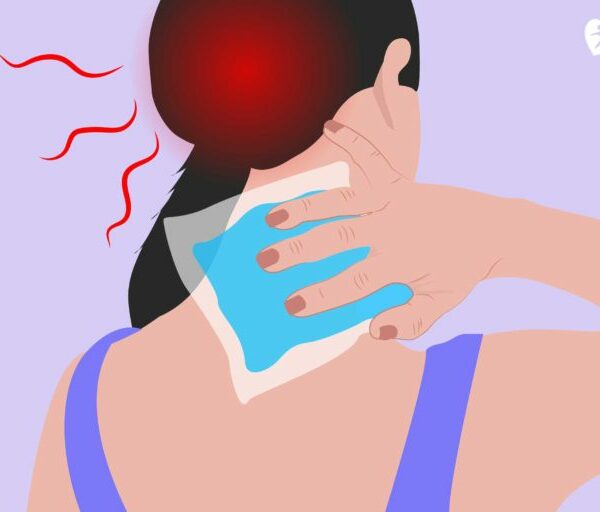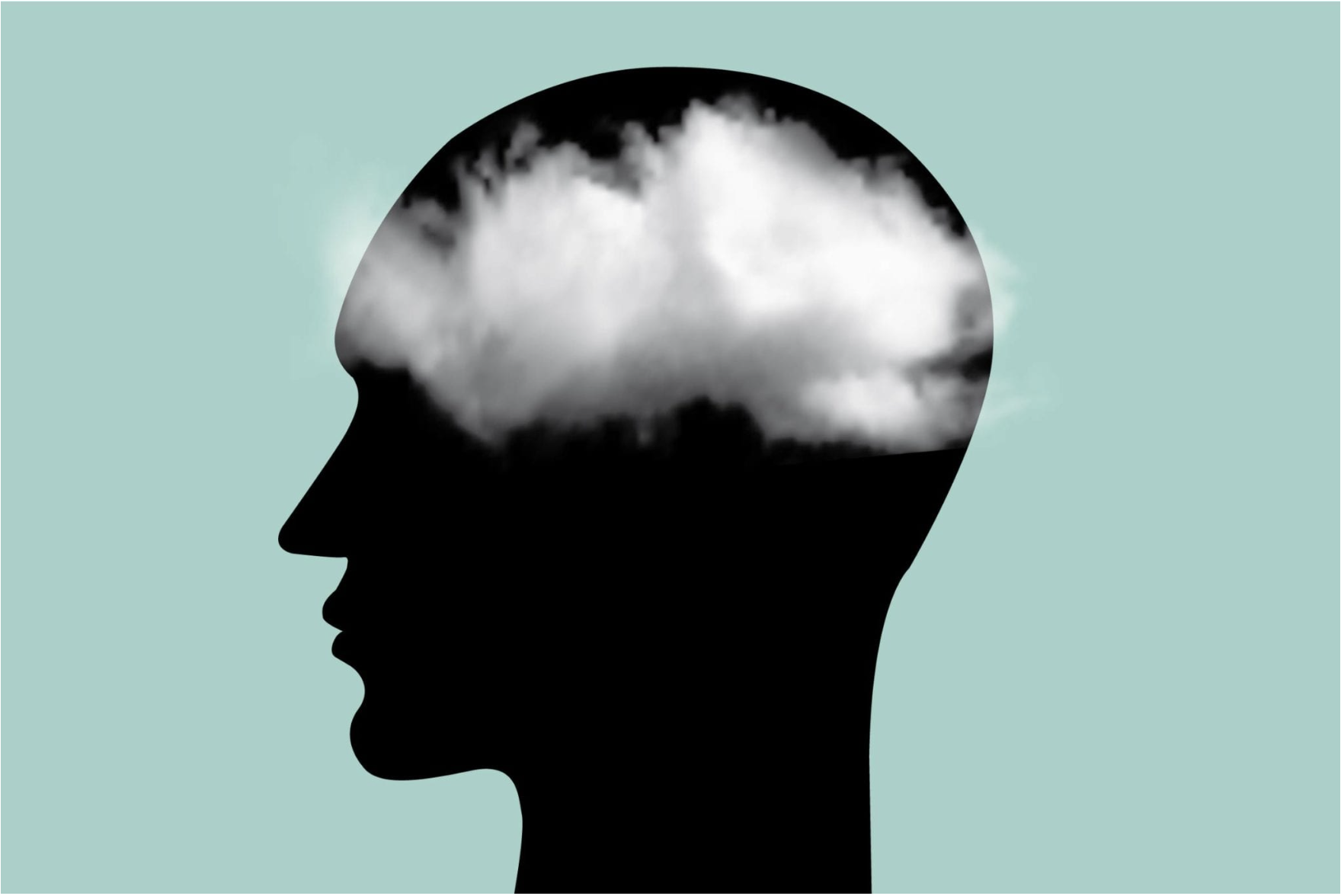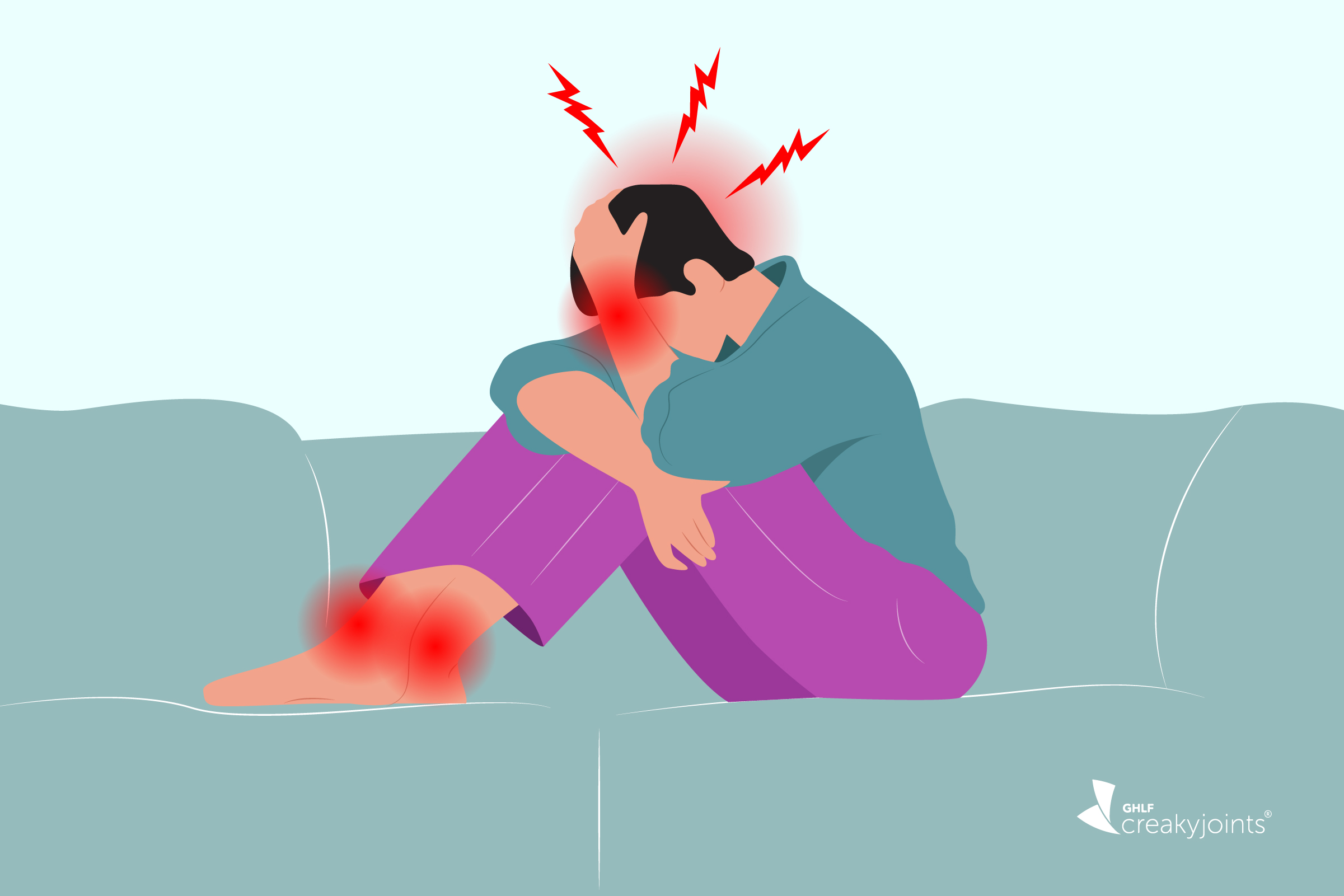The Up-End Migraine Project reveals key gaps in episodic migraine care, aiming to drive change and improve treatment options for patients through insights from both providers and patients.
MIGRAINE HOME REMEDIES THAT HEADACHE SPECIALISTS APPROVE
MIGRAINE HOME REMEDIES THAT HEADACHE SPECIALISTS APPROVE
May 8, 2020
Susan Jara

Learn more about our FREE COVID-19 Patient Support Program for chronic illness patients and their loved ones.
The connection between stress and migraine attacks isn’t in your head. “Up to 80 percent of migraine patients report that stress can be a trigger,” says Enmad Estemalik, MD, MBA, section head for headache and facial pain at the Center for Neurological Restoration at the Cleveland Clinic in Ohio.
“It is very well-studied,” adds Deena Kuruvilla, MD, assistant professor of neurology at Yale School of Medicine in New Haven, Connecticut. “High stress levels have been shown to cause an uptake in headache days. Sudden drops in stress levels have been shown to cause migraine. Migraine itself produces a lot of stress for patients as they can be scared to miss important life events.”
Navigating the coronavirus pandemic has certainly affected stress levels, and many of the stressors you’re dealing with while sheltering in place and practicing social distancing can trigger migraine attacks. Any of the following sound familiar?
- Sleeping too little or too much
- Increased alcohol and caffeine consumption
- Eating more processed foods
- More screen time than usual
- Juggling work and homeschooling
- Financial concerns
- Lack of social connection
- Generalized worry and anxiety
What to Do If You Are Having More Migraine Attacks During the Coronavirus Pandemic
“If these stressors are increasing your migraine frequency — especially if you’re having 15 headache days or more a month — it is important to touch base with your health care provider to get a prevention strategy,” says Dr. Estemalik. “We don’t want patients to overutilize over-the-counter medicine, which could cause medication overuse headaches.”
Dr. Kuruvilla adds some good news: “Migraine is a very treatable condition over telehealth.”
Managing Migraine Under Quarantine
While so-called “home remedies” are never a replacement for a prescribed treatment regimen — even in the middle of the coronavirus pandemic — they may possibly supplement your medication and help reduce the frequency or intensity of your migraine attacks.
We asked top migraine specialists for advice on inexpensive tools as well as headache hygiene and self-care strategies to manage migraine and stress during the coronavirus.
Remember to talk to your doctor before experimenting with anything new.
“There’s no one [remedy] that fits everyone,” says Merle L. Diamond, MD, president and managing director of Diamond Headache Clinic in Chicago. “Think about the things that are soothing for you and that you can accomplish.”
Roll it out
A foam roller is a great, inexpensive tool to help relieve tension in any trigger points, like your neck, shoulders, and back, that can cause headache, says Dr. Diamond.
Keep it cool (or hot)
Depending on whether you find relief from hot or cold during a migraine attack, consider purchasing a good heating pad or gel ice pad for your neck, says Dr. Diamond. “Apply it for about 15 minutes,” she says. “If you’re using heat, make sure you have good padding so you don’t burn yourself.”
Prioritize sleep
Even without the added anxiety of the coronavirus, people with migraine are two to eight times more likely than the general public to experience sleep issues. Yet a lack of sleep can increase stress as well as levels of proteins like CGRP that trigger the pain associated with migraine. To help ensure you get enough shuteye, stick to a consistent bed time and wake time. This can be more challenging if you’re sheltering in place and don’t have to follow as strict as a schedule as usual.
Another sleep hygiene tip: “Avoid any screen time two to three hours before bed: no iPhones, iPads, computers, or TV,” says Dr. Estemalik. “This will help you shut off your brain from getting more and more information.”
Find a relaxation strategy that works for you
Added stress from the coronavirus and shelter-in-place circumstances like working from home and homeschooling kids can “disrupt your internal anxiety, or flight-or-fight response,” says Dr. Diamond. “It’s important to recognize this and take action.” Here are a few suggestions:
- Get regular exercise (if it doesn’t trigger your migraine)
- Practice mindfulness, meditation, deep breathing, or yoga
- Find quiet time by reading a book, soaking in a bath, or taking a walk
For more advice about managing your mental health at this time, check out these resources from clinical psychologist Laurie Ferguson, PhD.
Schedule regular breaks
Many of us are now working from home right now, which means spending most of our days sitting in front of computers or smartphones. “The light from these devices can produce migraine for many or exacerbate sensitivity to light if you’re in the middle of a migraine attack,” says Dr. Kuruvilla.
Taking breaks can help with light sensitivity as well as stiffness from being sedentary. Dr. Diamond recommends putting a sticky note on your computer to remind yourself to take breaks, such as Stretch, Breathe, Relax, Take a Break. Doing some meditation or deep diaphragmatic breathing during your breaks can help, too.
Seek out quiet spaces
Being at home with your entire family during the coronavirus likely means less quiet time and more loud noises (screaming kids and blaring televisions) that can trigger migraine and increase stress.
If possible, carve out some time during the day to retreat to a noise-free zone in your home (or outside). Another option is to invest in good pair of noise-cancelling headphones, or pop in some earbuds and listen to some soothing music or a guided meditation.
Consider certain vitamins and supplements
Dr. Diamond, Dr. Kuruvilla, and Dr. Estemalik say the following supplements may be associated with reduced headache and migraine frequency:
- Coenzyme Q10 (CoQ10), which is found in foods like oily fish (salmon and tuna), organ meats (liver), and whole grains
- Magnesium, which is found in dark chocolate, avocado, nuts, legumes, tofu, bananas, and leafy greens
- Riboflavin (vitamin B-2), which is found in foods like lean meats, eggs, legumes, nuts, green leafy vegetables, dairy products, milk, and fortified breads and cereal
Ask your neurologist if these vitamins or supplements might help you. You should also ask about the appropriate dose, whether they could interact with any medications you take, and any side effects to be aware of. For instance, Dr. Kuruvilla notes that magnesium can cause diarrhea or upset stomach and riboflavin cause your urine to turn orange.
Stick with a migraine-friendly diet
Migraine food triggers are very individual. Some people can be very sensitive to certain foods and others don’t find a strong correlation between their diet and migraine attacks. If you suspect certain foods can be a culprit for you — such as artificial sweeteners, nitrates, or monosodium glutamate (MSG) — it’s important to continue to avoid them.
If you haven’t ever kept a migraine trigger diary, try it for a few days or weeks and see if it is useful for you. Here is a template you can print from the National Headache Foundation.
Eat regularly
You may be less likely to eat regular meals if you’re home all day, but skipping meals or having an inconsistent eating schedule can be a big migraine trigger for some people. “The migraine brain likes things regular,” says Dr. Diamond. Waiting too long between meals can trigger migraine or cause more severe headache due to low blood sugar levels.
Stay hydrated
It seems simple, but taking sips of water throughout the day may keep stress and migraine at bay. One study of migraine patients published in the journal Neurology found that increasing your water intake by four cups a day was enough to decrease the intensity of a headache.
Fill up your favorite water bottler (or splurge on a new one) and keep it close by so you can keep your body hydrated.
Watch your alcohol intake
Avoiding alcohol is key for many people with migraine. In fact, alcoholic drinks are a trigger for a third of patients with migraine, according to a recent review published in the Journal of Neurosciences in Rural Practice. “An increase in alcohol consumption can also increase migraine frequency, as well as cause sleep fragmentation, which is when you wake up more often in the middle of the night,” says Dr. Estemalik.
Curb your caffeine intake
While some patients swear that caffeine keeps migraine away (it is an ingredient in the headache medicine Excedrin, after all), Dr. Kuruvilla recommends watching your caffeine consumption. Aim to drink no more than two small cups of coffee per day (or 200 mg).
“It is tempting to overuse caffeine in hopes that it will alleviate pain, but overuse has been linked to worsening migraine,” she explains.
Sniff some aromatherapy
Essential oils like peppermint, rosemary, lavender, chamomile, and eucalyptus, have been touted for soothing stress and easing headache pain. Our experts warn to steer clear of essential oils, however, if smell is a trigger for you. Also keep in mind that they’re not monitored by the FDA for purity, quality, or safety, so it’s important to vet the brand before buying. Ask your doctor about using essential oils at your next telehealth visit.
Try a green light device
Some of Dr. Diamond’s patients with migraine and mood disorders have been using green light technology via the Allay Lamp, invented by Harvard Medical School Professor Rami Burstein. It uses a very narrow calming band of green light to soothe your eyes and brain during migraine. This is especially helpful for people with migraine who have light sensitivity, or photophobia. Unlike red, blue, and yellow lights, green light is less likely to aggravate migraine and may decrease the intensity of the headache.
Try a neuromodulator device
These advanced medical tools have been found to enhance or suppress the nervous system, which may help stop attacks that are underway or prevent them in the first place. Dr. Diamond’s patients have used Nerivio Migra, which is an arm band that sends pulses to the brain to block pain signals. Cefaly and gammaCore are other examples of neuromodulator devices for migraine. Ask your health care provider about affordable options for you.
The current pandemic is stressful enough without having to worry about more headache days. Pay attention to those triggers, practice self-care, and do your best to prioritize your physical and mental health so you can feel your best during these unprecedented times.
Get Free Coronavirus Support for Chronic Illness Patients
Join the Global Healthy Living Foundation’s free COVID-19 Support Program for chronic illness patients and their families. We will be providing updated information, community support, and other resources tailored specifically to your health and safety. Join now.
How to Use Essential Oils to Manage Migraine. Association of Migraine Disorders. https://www.migrainedisorders.org/how-to-use-essential-oils-to-manage-migraine.
Interview with Deena Kuruvilla, MD, assistant professor of neurology at Yale School of Medicine in New Haven, Connecticut
Interview with Enmad Estemalik, MD, MBA, section head for headache and facial pain at the Center for Neurological Restoration at the Cleveland Clinic in Ohio
Interview with Merle L. Diamond, MD, president and managing director of Diamond Headache Clinic in Chicago
Loder E, et al. The 2012 AHS/AAN Guidelines for Prevention of Episodic Migraine: A Summary and Comparison with Other Recent Clinical Practice Guidelines. Headache: The Journal of Head and Face Pain. June 2012. Doi: https://doi.org/10.1111/j.1526-4610.2012.02185.x.
Neuromodulation for migraine treatment: An overview. American Migraine Foundation. https://americanmigrainefoundation.org/resource-library/neuromodulation-for-migraine-treatment.
Migraine and Diet. American Migraine Foundation. https://americanmigrainefoundation.org/resource-library/migraine-and-diet.
Panconesi A. Alcohol-Induced Headaches: Evidence for a Central Mechanism? Journal of Neurosciences in Rural Practice. April-June 2016. Doi: https://doi.org/10.4103/0976-3147.178654.
Sleep Disorders and Headache. American Migraine Foundation. https://americanmigrainefoundation.org/resource-library/sleep.
Supplements and Herbs. The Migraine Trust. https://www.migrainetrust.org/living-with-migraine/treatments/supplements-and-herbs.
Wober C, et al. Chapter 12 Triggers of migraine and tension-type headache. Handbook of Clinical Neurology. 2010. doi: https://doi.org/10.1016/S0072-9752(10)97012-7.
SUBSCRIBE TO GHLF
RELATED POST AND PAGES
_
Was this article helpful?
YesNo





This Post Has 0 Comments